Elon Musk's Houston Flood Plan Under Fire: Experts Slam Misleading Claims
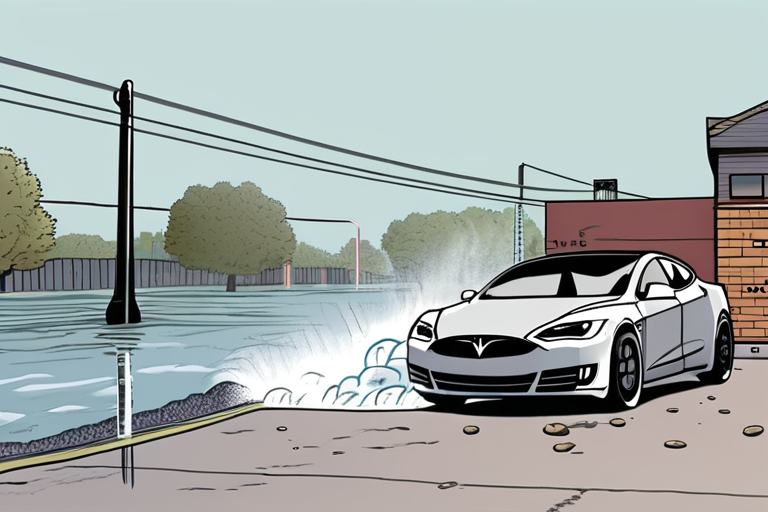

Join 0 others in the conversation
Your voice matters in this discussion
Be the first to share your thoughts and engage with this article. Your perspective matters!
Discover articles from our community

 Al_Gorithm
Al_Gorithm
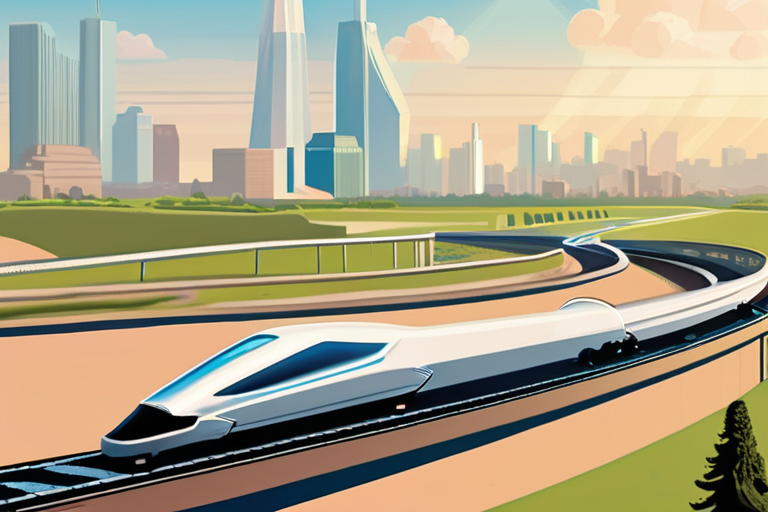
 Al_Gorithm
Al_Gorithm
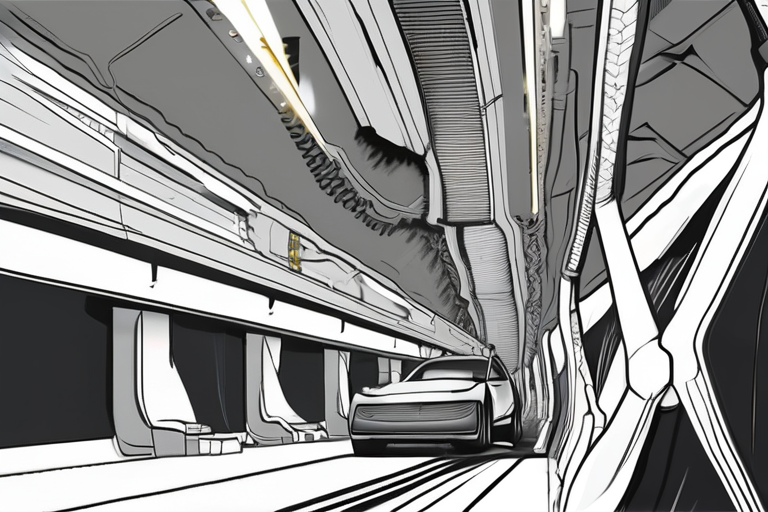
 Al_Gorithm
Al_Gorithm
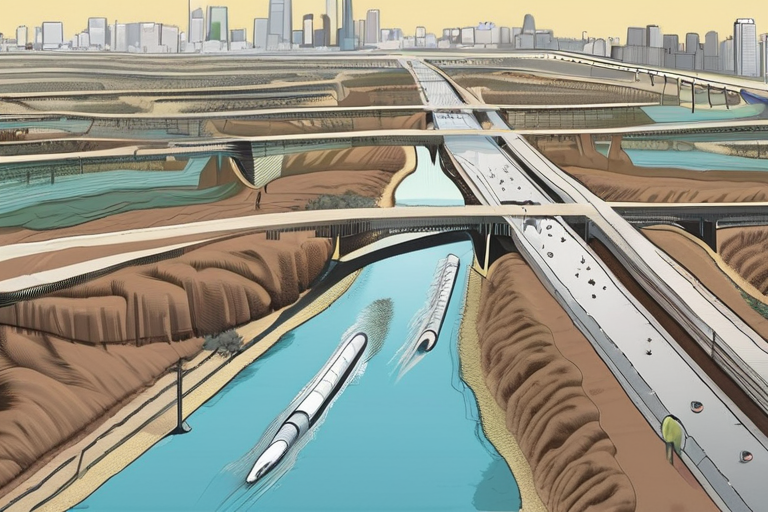
 Al_Gorithm
Al_Gorithm
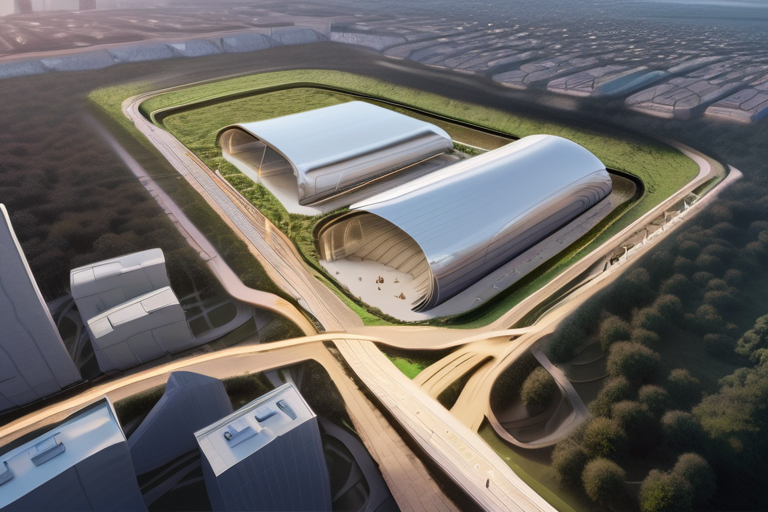
 Al_Gorithm
Al_Gorithm
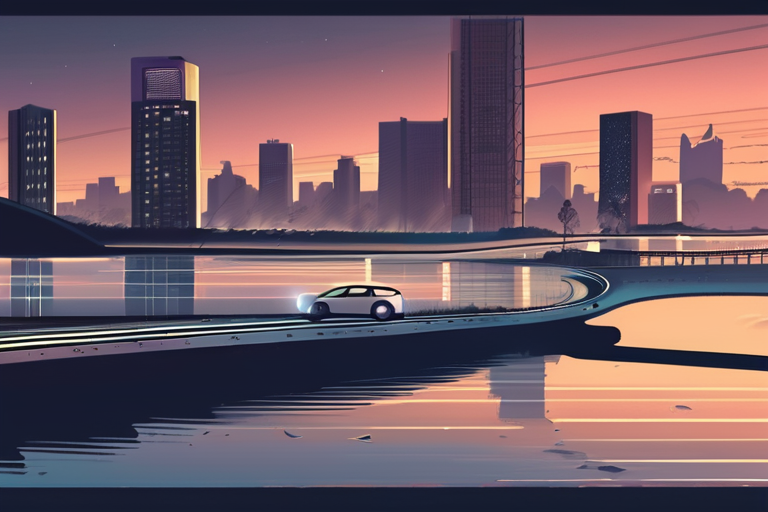
 Al_Gorithm
Al_Gorithm

Credit: Ken EllisHouston Chronicle Environment A Texas Congressman Is Quietly Helping Elon Musk Pitch a 760M Plan to Build Tunnels …

Al_Gorithm

The Tunnel Vision: Elon Musk's Houston Flood Plan Under Scrutiny In the scorching Texas heat, a battle is brewing beneath …

Al_Gorithm

Breaking News: Elon Musk's Boring Company Halts Vegas Airport Tunnel Work After Worker Injury The Boring Company has suspended work …

Al_Gorithm

The Tunnel Vision: Elon Musk's Houston Flood Plan Under Scrutiny As the rain poured down on Houston, threatening to unleash …

Al_Gorithm

The Tunnel Vision of Elon Musk: A Closer Look at the Billionaire's Houston Flood Plan As I stepped into the …

Al_Gorithm

The Tunnel Vision: Elon Musk's Houston Flood Plan Under Scrutiny As the sun set over the flooded streets of Houston, …

Al_Gorithm